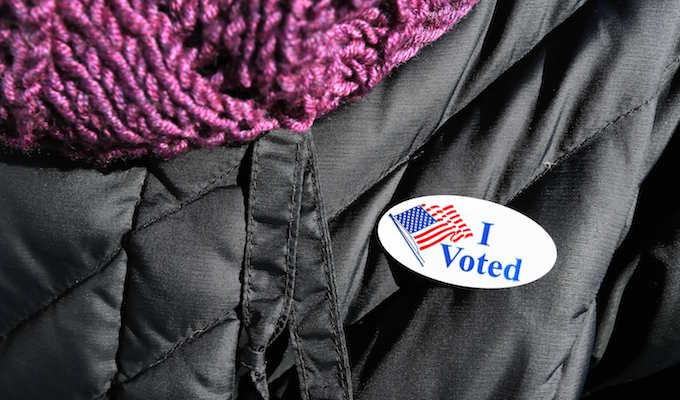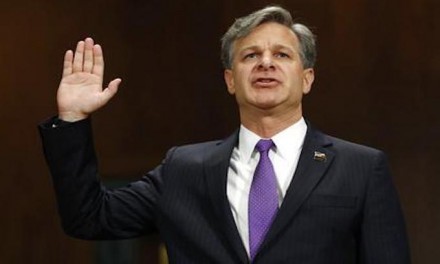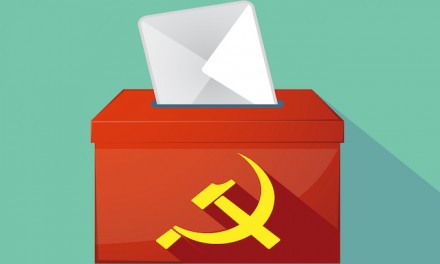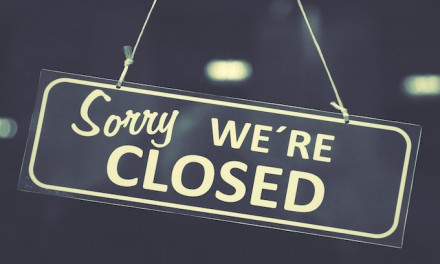Mandatory voter registration is a bad idea – so are early voting and same-day voting. And contrary to popular opinion, opposition to these safeguards of election integrity does not constitute racism.
The U.S. Supreme Court last week upheld Ohio’s election reform law, but liberal courts have struck down voter photo ID laws in other states such as North Carolina and North Dakota and watered down photo ID laws in Texas and Wisconsin.
Federal judges also have vacated statutes in Alabama, Georgia and Kansas that permitted states to require proof of U.S. citizenship to register to vote. The media and prominent Democrats cannot hide their delight.
Given the amount of misinformation, particularly the outrageous allegation that all election integrity safeguards are evidence of racism, I’ve assembled a handy guide.
Mandatory Voter Registration — Progressives want to sign up everyone automatically without affirming citizenship or an opt-out. What they call “automatic voter registration” is really “mandatory voter registration.” Here’s why it’s a bad idea:
- Not everyone wants to be registered to vote. Forcing inclusion against their will is an act of a top-down, authoritarian government.
- It violates a citizen’s basic free speech rights, such as expressing displeasure with the electoral process by not participating. Then there’s the issue of privacy — voter registration lists are publicly available.
- It opens the door for vote fraud, because it fills voter rolls with people who may have no intention of ever voting, or transients, or college students who would be able to vote again in their home districts.
- There is no reliable way to ensure that all registrants are actually U.S. citizens. Some states now issue driver’s licenses to illegal immigrants.
- It’s the gateway to mandatory voting. President Obama has already floated the idea. Compliance could be forced through threat of fines by the federal tax system, as with health insurance under ObamaCare.
Early Voting — For more than 200 years, Americans voted on Election Day. Progressives are stretching out the process, sometimes for weeks. Here’s why it’s a bad idea:
- You get less-informed voters. Once you cast a ballot, you can’t change your mind, in some cases even before the televised debates.
- It’s expensive, necessitating more poll workers and more salaries.
- It’s a solution in search of a problem. Long lines are rare. An MIT study of the 2012 election pegged the average wait at 14 minutes.
- Early voting puts more money into politics. Campaigns are drawn out, making them more expensive and complicated.
- It means fewer election observers. It’s difficult enough to get volunteer poll watchers to turn out on one day much less week after week.
- It doesn’t enlarge overall turnout. States with early voting have no empirical increase.
- Finally, it destroys one of America’s great common cultural experiences. Few events compare to the unity of voting as a nation every four years on Election Day.
Same-Day Voting — Progressives want to allow people to register on the same day they cast their votes. This is unwise.
- It gives neither officials nor poll watchers time to validate the registration.
- It increases voter lines because of the time it takes to process same day voters.
- It encourages “voting by the truckload,” in which otherwise politically unmotivated people are hustled to the polls and told how to vote — often for payment.
- It causes unnecessary confusion on Election Day, leading to skepticism about the fairness and accuracy of the system.
Voter Photo ID Laws — No election reform is more needed, or more dishonestly attacked, than these statutes, which progressives liken to Jim Crow, the racist system that disenfranchised Southern blacks for generations.
Here’s why voter ID laws are necessary:
- More than 200 counties around the nation have far more than 100 percent of their age-eligible residents registered to vote. In 2012, the Pew Center on the States found problems with more than 24 million voter registrations, including 1.8 million deceased people on voting rolls.
- In 2008, the U.S. Supreme Court upheld Indiana’s photo voter ID law, finding no evidence that such laws disadvantage minorities.
- Minority turnout has actually increased in voter ID states, such as Indiana, Georgia and North Carolina.
- Opponents claim racial discrimination by insisting that 25 percent of black American adults lack a government-issued photo ID. This would mean that millions of African-American men and women cannot legally drive, cash a check, adopt a pet or do many other everyday activities requiring a photo ID.
- Strong majorities in all racial and political categories support voter ID laws, including African Americans, Hispanics, Democrats, Republicans and Independents.
- Opponents argue that there is no substantial vote fraud, despite documented evidence. This is a serious crime. Shouldn’t everyone want to prevent disenfranchising any legitimate voters?
There are many more arguments for voter ID and other commonsense safeguards to protect our election system, but this should inoculate anyone against the most common lies of the left. Well, at least their current batch.
Robert Knight is a senior fellow for the American Civil Rights Union. This column first appeared on The Washington Times’ website.
—-
Copyright American Family News. Reprinted with permission.



















Recent Comments